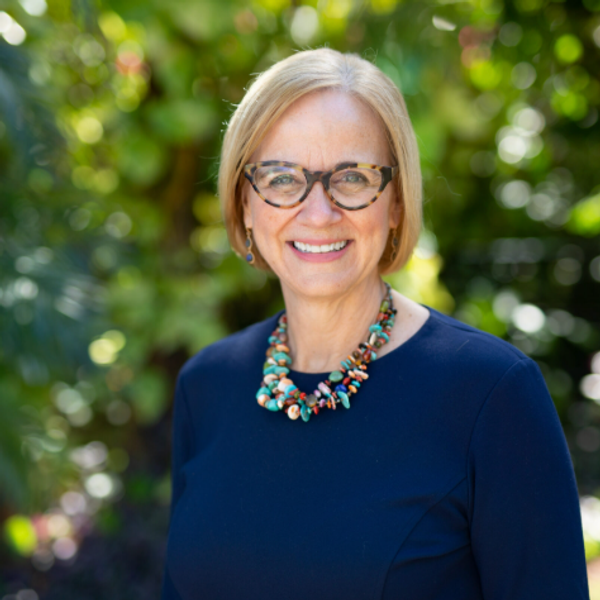
By Michael Doyle, McClatchy Washington Bureau (TNS)
WASHINGTON — The House on Friday passed a big energy and water spending bill that showcases the continuing federal discord over how to handle California’s drought.
The $35 billion bill includes money for the California status quo, ranging from Sacramento-San Joaquin Delta restoration to operations of the sprawling Central Valley Project. It also includes drought-related language, with directives to speed completion of water storage project studies.
The bill, approved by a largely party line 240-177 margin, does not, however, reflect significant consensus on some key California water disputes, nor does it come close to the comprehensive drought bill that has so far eluded lawmakers.
“The president has declared the drought to be a national disaster,” said Rep. Sam Farr, D-Calif. “Unfortunately, we have not invested sufficiently in addressing that disaster.”
Farr, a liberal member of the House Appropriations Committee from which the Fiscal 2016 funding bill arose, joined most Democrats in voting against the energy and water package.
Three of the 10 Democrats who supported the bill represent Central Valley districts where either drought or flood control issues are paramount: Reps. Jim Costa, Doris Matsui and Ami Bera.
Republicans overwhelmingly supported the legislation, though they acknowledged its shortcomings.
“I think there are some good things in the bill,” said Rep. Jeff Denham, R-Calif., “but there’s a lot more that we can do.”
Denham noted “we are having continuous meetings” on drafting a separate California water bill, following the inability of lawmakers to resolve their differences last year. In early April, the new chairwoman of the Senate Energy and Natural Resources Committee, Sen. Lisa Murkowski, R-Alaska, attended a fundraiser in Fresno and took her first, brief tour of the drought-affected area.
“We need to be able to explain to the other 49 states why California is in such a tight situation with water, and what we can do to fix it ourselves,” Denham said, adding that lawmakers are trying to decide how to move the legislation.
Some provisions in the House energy and water bill approved Friday range far afield, such as a so-called legislative “rider” allowing guns to be carried on all Corps of Engineers’ lands. Citing the politically divisive firearms policy, among other reasons, the White House issued a veto threat against the legislation.
Other provisions target California specifically, though their future is uncertain.
One measure added in the House Appropriations Committee by Rep. David Valadao, R-Calif., sets specific deadlines for federal officials to complete water storage project feasibility studies.
Under the bill, studies of a Shasta Dam expansion in Northern California and Temperance Flat dam construction east of Fresno will be due Dec. 31. Studies of expanding Los Vaqueros Reservoir in Contra Costa County and constructing Sites Reservoir in the Sacramento Valley will be due Nov. 30, 2016. A study of expanding San Luis Reservoir near Los Banos must be finished by Dec. 31, 2017.
(c)2015 McClatchy Washington Bureau, Distributed by Tribune Content Agency, LLC.
Photo: docentjoyce via Flickr








